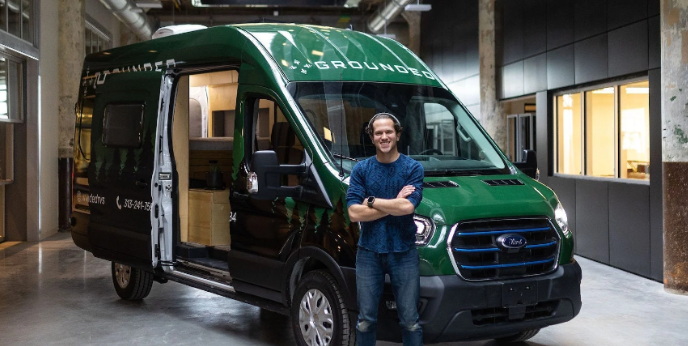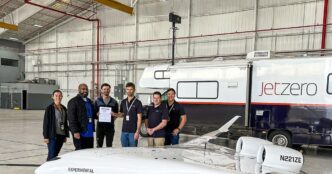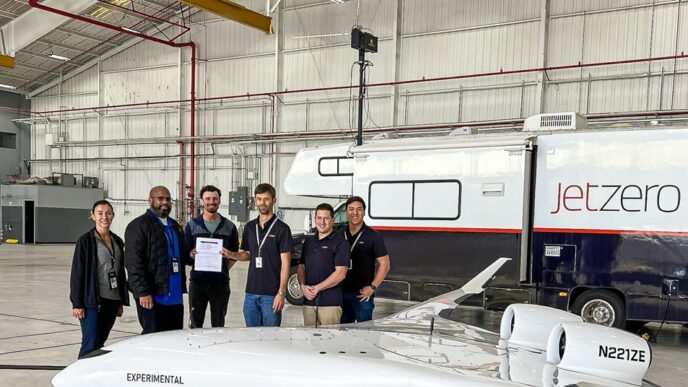Turo, the popular peer-to-peer car rental startup often dubbed the “Airbnb for cars,” is making headlines again—this time for cutting about 15% of its workforce, or roughly 150 employees. The move comes on the heels of the company’s decision to shelve its much-anticipated IPO plans amid growing market uncertainty and tightening investor sentiment.
The decision was first reported by Bloomberg and later echoed by multiple employee posts on social media platform X. These layoffs come as part of a larger push by the San Francisco-based startup to slash costs and weather what many in tech are calling a particularly harsh fundraising environment.
A Turo spokesperson confirmed the news, explaining that the company had made the “very difficult decision” to downsize as a way to better position itself for long-term growth in an unpredictable economy. While Turo has not released an official blog post or public statement, insiders suggest the company is recalibrating its strategy and trying to regain financial footing before attempting to revisit public markets.
Founded in 2009, Turo built its model around enabling everyday car owners to rent out their vehicles. Over the years, it has raised more than $500 million from top-tier investors, including Kleiner Perkins and IAC. Its most recent valuation hit $1.5 billion during a 2022 funding round. However, the headwinds of rising interest rates, inflation, and shaky investor confidence have since cooled the momentum.
Behind closed doors, leadership reportedly decided to walk away from going public, at least for now. Sources say concerns about profitability and market volatility weighed heavily on that choice. Turo, like many of its tech peers, now faces the stark reality of needing to become leaner, more efficient, and more sustainable before winning over the markets again.
The layoffs appear to be part of a broader restructuring effort that includes focusing more tightly on core operations and cutting down operational inefficiencies. Turo’s business model depends heavily on scale, operating as a commission-based platform that connects vehicle owners with renters. While that marketplace approach offers flexibility and convenience, it also comes with big challenges—insurance logistics, maintenance issues, and stiff competition from entrenched players like Hertz and Enterprise.
What’s more, shifting investor expectations are forcing even well-known tech startups to reassess their path forward. Companies like Uber and Airbnb, once darlings of the IPO scene, have also faced pressure to prioritize profitability over growth at all costs. Turo’s situation fits into this wider pattern of tech firms retreating from public aspirations, at least temporarily, as Wall Street grows more skeptical of pre-profit ventures.
So far this year, Layoffs.FYI reports that nearly two dozen tech startups have collectively cut more than 23,000 jobs. Turo now joins that growing list, signaling that the era of easy capital and sky-high valuations may be giving way to more sobering times.
Even so, the company remains hopeful about its long-term vision. In a brief statement to TechCrunch, Turo said it remains committed to delivering value to its host and guest community and continuing to innovate within the car-sharing space. But for now, there’s no set timeline for when—or if—IPO plans will be revived.
As the road ahead narrows, Turo’s next challenge lies in convincing investors that it can not only survive the current storm but come out stronger on the other side. Tightening operations, sharpening strategy, and doubling down on sustainability might just be the route that gets them there.













